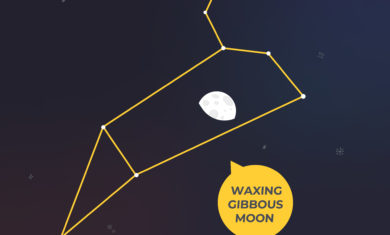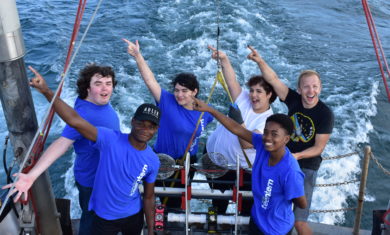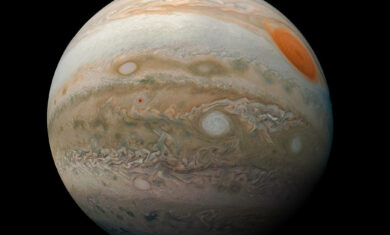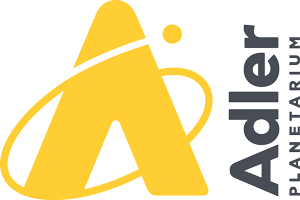#LookUp and Lend a Hand
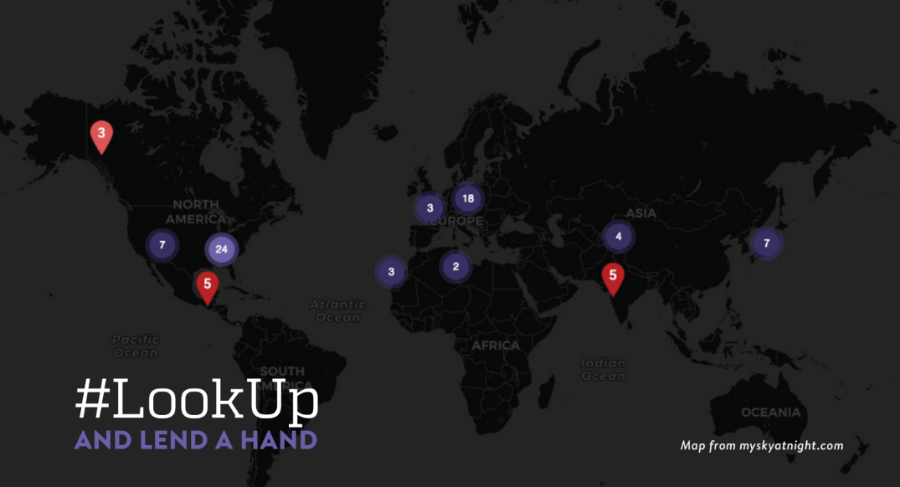
Light pollution is a problem that affects 99 percent of the U.S. population in some way; and two-thirds of us cannot see the Milky Way in our night skies. Light pollution has been shown to affect human health, wildlife, and ecosystems; and billions of dollars are wasted each year as our lights are pointed upward.
Have you ever thought to yourself, “What can I do to help?” In addition to changes suggested by the International Dark Sky Association, darksky.org, the truth is that you can play a substantial role from anywhere! Two citizen-science projects are currently collecting data from people all around the world to help researchers characterize our light pollution problems. All you need is a computer or smartphone.
Globe at Night is a program of the National Optical Astronomy Observatory. Citizen scientists observe stars in particular constellations during specific weeks throughout the year and submit their observations. Participating in Globe at Night is a fantastic reason to learn your constellations and help with scientific research at the same time! You can do your observations from home, in your town, or anywhere you travel. The observation periods during late spring and summer are May 5–14, June 4–13, July 4–13, and August 2–11, 2018. For more information, visit globeatnight.org.
The goal of the Loss of the Night (LoN) project is to track changes in sky brightness, especially in urban areas. The LoN smartphone app allows users to estimate how many stars they can see in the sky, and, by extension, that information can be used to determine how bright the night sky is. The app also guides you where to look in the sky. The day after you’ve made an observation, you can see your information at myskyatnight.com. You can make as many observations as you want all throughout the year. Loss of the Night is available for Android and iOS devices.
Do you have an enthusiastic student or Girl or Boy Scout looking for service learning, community service, school club, or science fair project ideas? Some project ideas could include characterizing the light pollution around your school, raising money for new shielded lights in a nearby park, or starting a discussion with local community leaders about light pollution and potential solutions. The Adler Planetarium encourages everyone—students and adults—to get involved!




